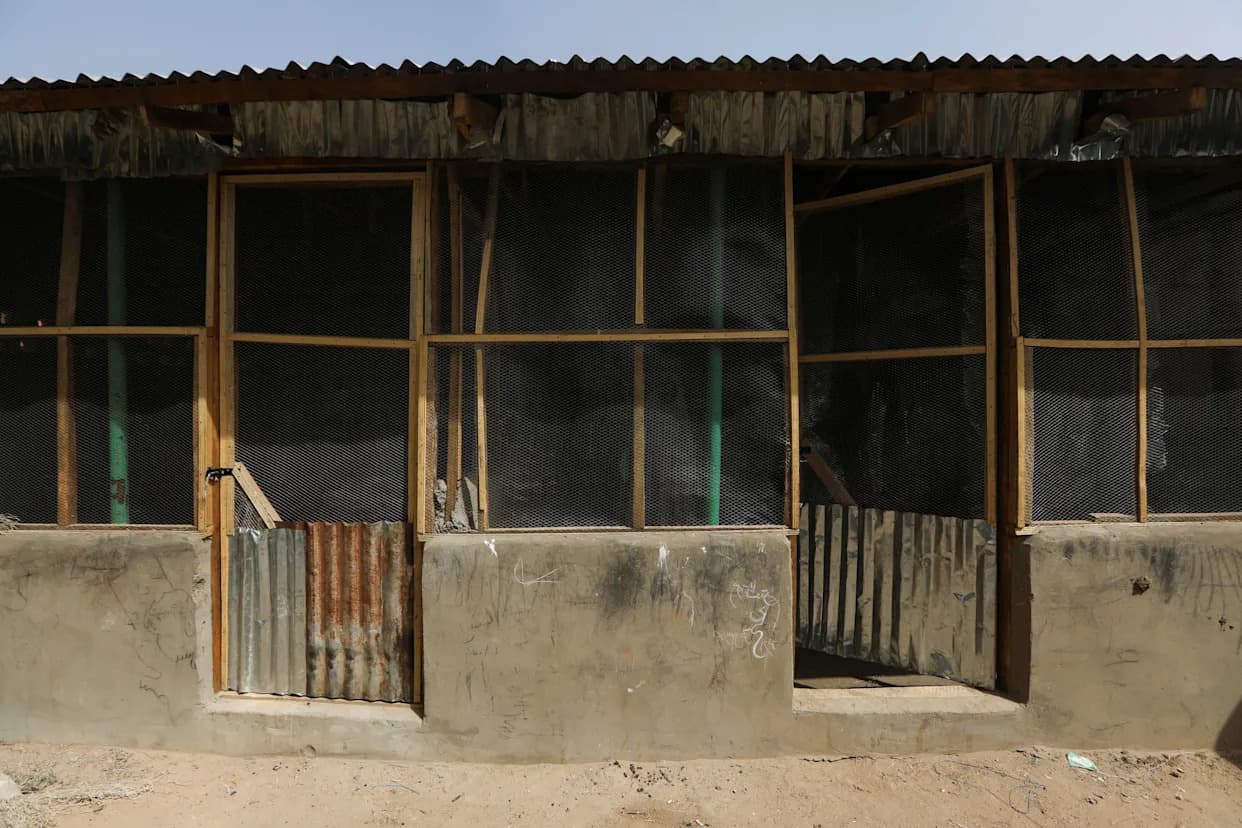Nigeria has said it will accept US assistance to counter armed groups only if its territorial integrity is respected, after President Trump warned he had asked the Pentagon to prepare for "fast" military action and threatened to cut aid over alleged killings of Christians. President Bola Tinubu rejected claims of religious intolerance and stressed engagement with both Christian and Muslim leaders. Analysts and rights experts say the violence affects people of all faiths and reject the claim of a "Christian genocide," urging coordinated support rather than unilateral intervention.
Nigeria Says It Will Accept US Security Help — But Insists on Territorial Integrity After Trump's Threat

Nigeria open to US assistance against armed groups but insists on sovereignty after Trump threat
Nigeria said it would accept assistance from the United States to confront armed groups so long as its territorial integrity is respected, responding to a social media post by US President Donald Trump that warned of possible military action over alleged "killing of Christians." A presidential spokesperson emphasized that any cooperation must acknowledge Nigeria's authority and sovereignty.
In his post on Saturday, Trump said he had asked the Department of Defense to prepare for potential "fast" military action in Nigeria if the government did not crack down on the violence. He also warned the US would immediately cut off all assistance to Nigeria "if the Nigerian Government continues to allow the killing of Christians."
Daniel Bwala, a spokesperson for Nigeria's presidency, told Reuters: "We would welcome US assistance as long as it recognises our territorial integrity." He expressed hope that upcoming discussions between the two governments would produce constructive outcomes in the shared fight against terrorism.
President Bola Tinubu pushed back on claims that his government tolerates religious intolerance. In a statement, Tinubu said his administration has engaged openly with both Christian and Muslim leaders since 2023 and has worked to address security challenges affecting citizens across faiths and regions.
"The characterisation of Nigeria as religiously intolerant does not reflect our national reality," Tinubu said, adding that the government has consistently sought to safeguard freedom of religion and belief for all Nigerians.
Nigeria, a country of more than 200 million people, is broadly divided between a largely Muslim north and a mostly Christian south. Armed groups — including Boko Haram and other extremist factions — have waged an insurgency concentrated in the northeast for more than 15 years, killing civilians of all faiths.
Analysts and rights experts have criticized the claim of a "Christian genocide" as inaccurate and overly simplistic. Bulama Bukarti, a Nigerian humanitarian lawyer and analyst, told Al Jazeera that "all the data reveals is that there is no Christian genocide going on in Nigeria" and warned that framing the violence as exclusively religious is a "dangerous far-right narrative" that could worsen instability.
Ebenezer Obadare, a senior fellow in African studies at the Council on Foreign Relations, said the United States should coordinate with Nigerian authorities to confront the shared threat. "This is precisely the moment when Nigeria needs assistance, especially military assistance," he said, adding that unilateral intervention or overriding Nigeria's government would be counterproductive.
Human rights organisations continue to call for stronger Nigerian government action to protect civilians, while experts urge international partners to offer support that respects Nigeria's sovereignty and strengthens local capacity rather than pursuing unilateral military measures.
Help us improve.




























